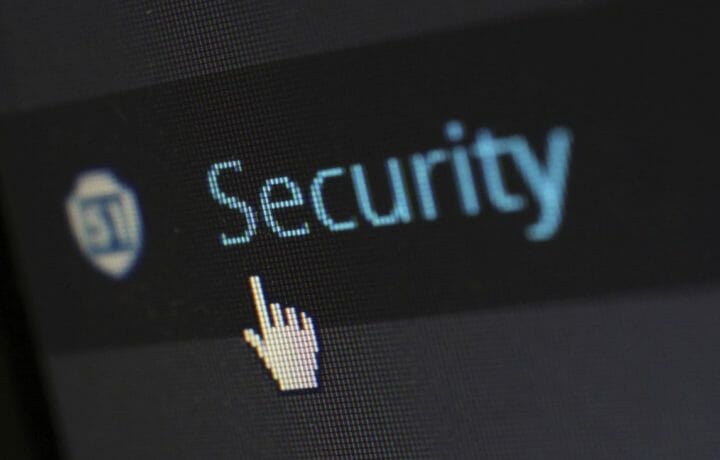Is Washington, D.C. the riskiest city for cybercrime? According to Sperling’s BestPlaces and Norton, the risk of falling victim to a cybercriminal is higher in D.C. than anywhere else in the country.
The report cited the increasing accessibility of the internet on smart phones as a major factor in the increase of cybercrime. While most computers have software to protect from viruses, cell phones, being a newer technology, remain relatively vulnerable. The study encompassed the fifty largest American cities and, not surprisingly, D.C. was near the top on the list of cities with highest internet use. The findings of this report correspond to research from the Internet Crime Complaint Center at the FBI which found that online fraud reports jumped 31% over the past five years.
The cybercrime techniques employed against cell phones appear to be similar to those used by hackers against computers. Professor David Maimon, who specializes in cybercrime at the University of Maryland, explained in the Washington Examiner that victims often exposed themselves to cyber attacks through surfing the internet, downloading programs, and clicking on banners on websites. Free Wi-Fi networks, which are becoming more commonplace at shops and businesses, are easy targets for hackers and cybercriminals. Additionally, victims can easily expose themselves by downloading software, such as games. Viruses could rack up short messaging service charges. Professor Maimon believes the best way to describe the internet is the “Wild Wild Web.”
The nation’s political system continues to struggle with how to adapt our laws and policies to the cyber world. The problem of cybersecurity will continue to challenge the nation’s ability to maintain internet freedom with the need for user protections. What is clear, however, is that internet users on both computers and smart phones should be vigilant and exercise caution at all times. Greater efforts should be made to inform users of the dangers of cybercrime and what products or techniques are available to combat it.
Richard Lim is an Infrastructure Protection Analyst at the U.S. Department of Homeland Security. Prior to this, he served at the White House and the Department of Labor and graduated with a Master of Public Administration at the Maxwell School in Syracuse University and the University of California, San Diego. He is a published author and blogger.



